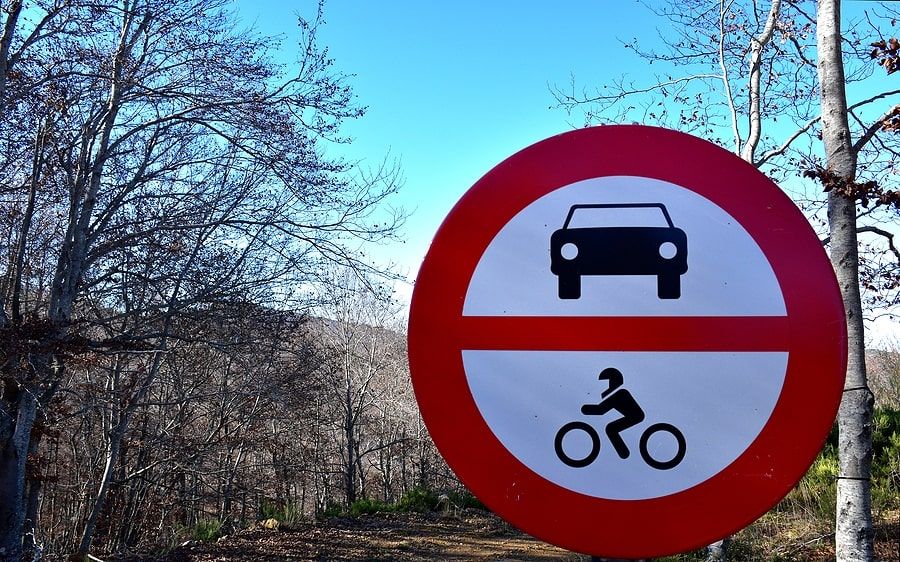In Tennessee, anyone operating a motorcycle must wear a helmet that meets the standards set by the Commissioner of Safety. The only exception to this law is if the rider is over 21 and has completed a safety course or has at least $10,000 in medical insurance coverage. While some states have more lenient laws regarding motorcycle helmets, it is important to remember that wearing one can save your life in the event of an accident.
Yes, Tennessee does have a motorcycle helmet law. All riders are required to wear a helmet when operating a motorcycle on public roads. This law applies to both operators and passengers of motorcycles.
Failure to comply with the law can result in a fine of up to $500.

Credit: www.steelhorselaw.com
Is Tn A No Helmet State?
No, Tennessee is not a no helmet state. All motorcycle riders are required to wear a DOT-approved helmet while operating their vehicle on public roads. Failure to do so can result in a fine of up to $500.
Did Tn Pass No Helmet Law?
Although a few states have done away with their motorcycle helmet laws in recent years, Tennessee is not one of them. In fact, the state has actually strengthened its law in recent years, requiring all riders to wear helmets that meet certain standards. Violators can be fined up to $500.
There has been some debate over whether or not motorcycle helmet laws are effective, but studies have shown that they do help reduce injuries and fatalities in crashes. So even though it may not be the most popular law on the books, it is certainly one that is important for keeping motorcyclists safe.
Can You Wear a Half Helmet in Tennessee?
Yes, you can wear a half helmet in Tennessee. There is no state law that prohibits motorcycle riders from wearing a half helmet, so long as the helmet meets all of the necessary safety requirements. This means that the helmet must be DOT-approved and must fit properly in order to offer adequate protection while riding.
Additionally, it’s important to remember that even though you may be legally allowed to wear a half helmet in Tennessee, doing so is not always the safest option. A full face helmet offers significantly more protection for your head and face in the event of an accident, and is therefore always recommended over a half helmet.
Do You Have to Wear a Dot Helmet in Tennessee?
There are certain states in the US that have motorcycle Helmet laws. In some of these states, all riders are required to wear a DOT (Department of Transportation) approved helmet while others only require riders under a certain age to do so. The state of Tennessee is one of the latter; only requiring those under 21 to wear a DOT approved helmet while riding.
So what exactly does this mean? If you’re over 21 and riding through Tennessee, you are not legally required to wear a helmet as long as you meet the following conditions:
-You have proof of insurance
-You have completed a rider’s safety course OR have at least 1 year of riding experience
If you don’t meet either of these conditions, then you are required by law to wear a DOT approved helmet while operating a motorcycle in Tennessee.
Not wearing a Helmet in Tennessee can result in points being added to your driver’s license as well as fines.
So even though it may not be required by law for everyone, it’s still definitely something to consider for your safety while riding through the state.
TN Motorcycle Helmet Law Debate
Does Kentucky Have a Motorcycle Helmet Law
Yes, Kentucky does have a motorcycle helmet law. All riders are required to wear a helmet when operating a motorcycle on public roads in the state. Failure to do so can result in a fine of up to $500.
The only exception to this rule is if the rider is over the age of 21 and has completed a motorcycle safety course or has at least two years of riding experience.
Conclusion
Yes, Tennessee has a motorcycle helmet law. All riders are required to wear helmets that meet federal safety standards, regardless of age.
